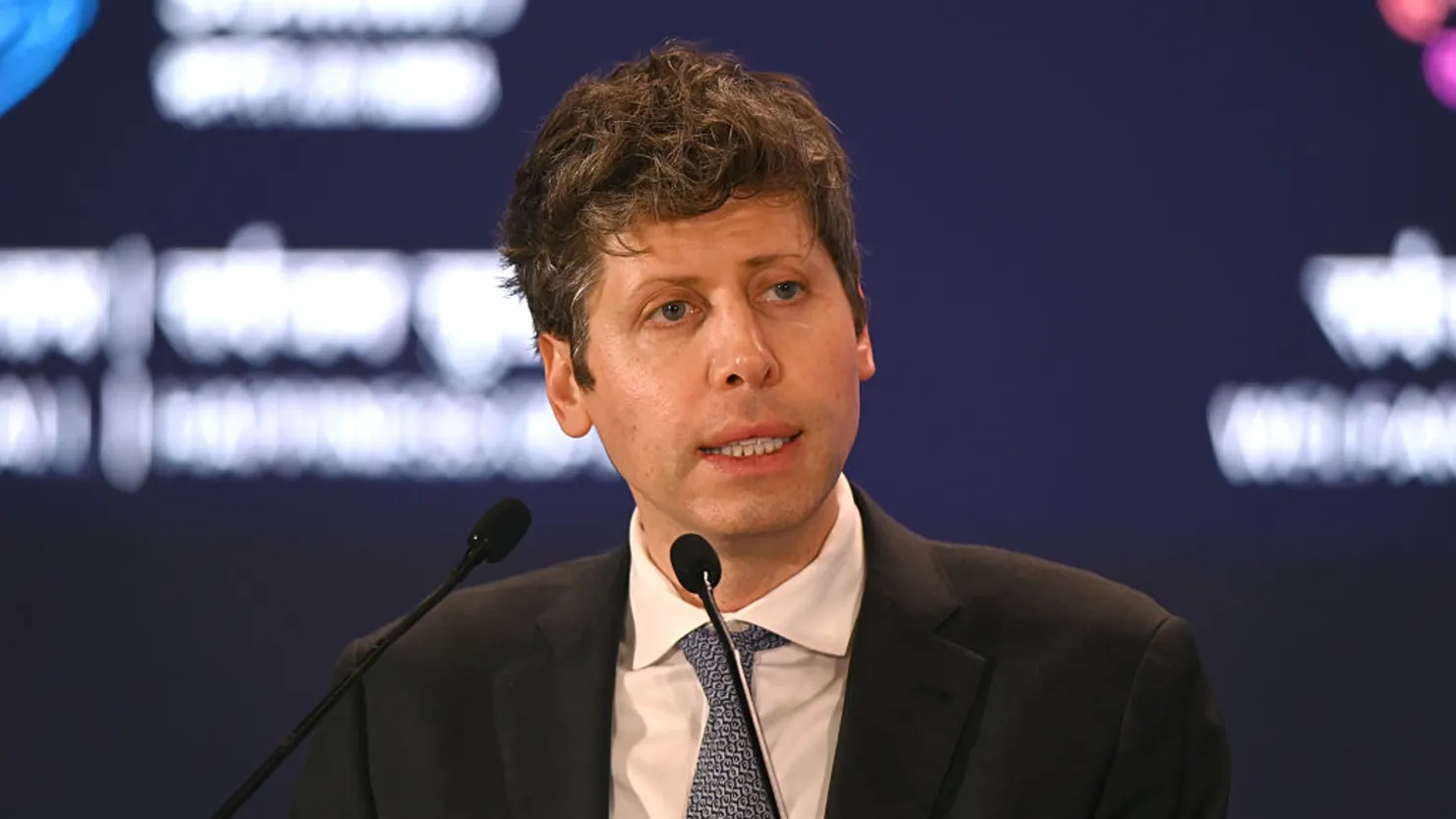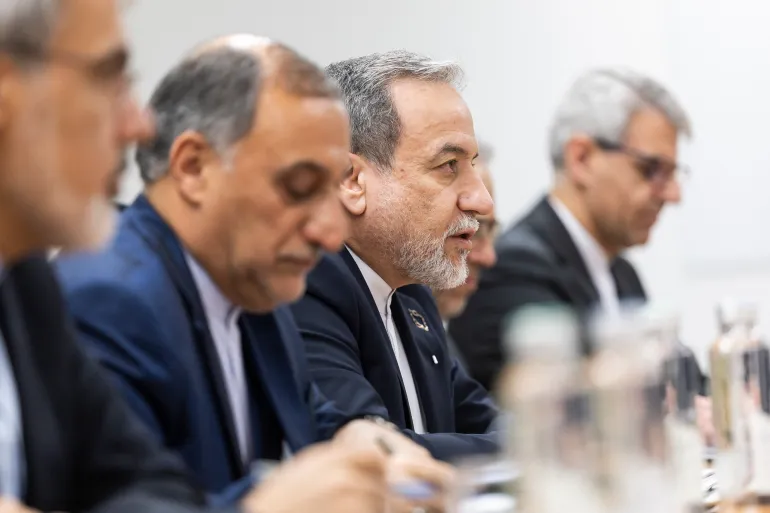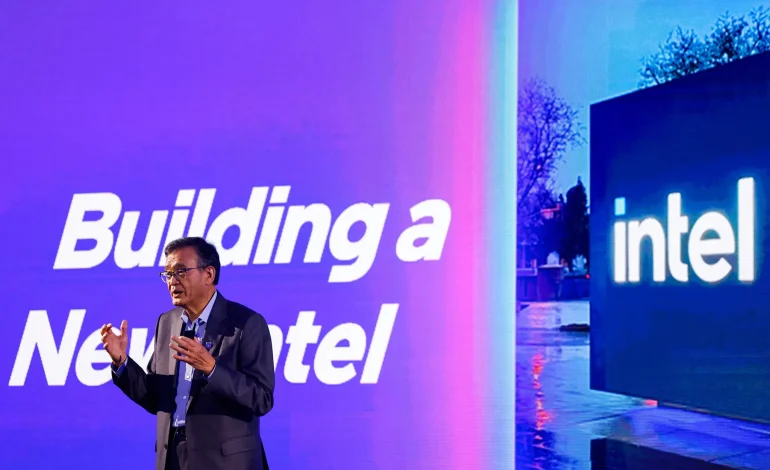The Trump White House is mulling something pretty extraordinary: using taxpayer money to become a part-owner of Intel. If it happens, it wouldn’t just be about rescuing a struggling chipmaker — it could reshape how Washington handles corporate America.
Here’s the setup. Reports say the administration is weighing converting about $10.9 billion in CHIPS Act grants into a roughly 10% stake in Intel. Treasury Secretary Scott Bessent told CNBC the idea is to “stabilize” domestic chipmaking and cut reliance on Taiwan, where most of the world’s chips are made. Commerce Secretary Howard Lutnick framed it more bluntly: instead of just handing Intel money, America should “get the benefit of the bargain.”
That’s a sharp pivot from the Biden administration’s approach, which funneled grants with no strings attached. Trump, by contrast, wants equity — meaning the government would actually own part of the company.
The politics around this are equally messy. Trump recently demanded Intel CEO Lip-Bu Tan resign over his China ties, only to meet with him last week and call his story “amazing.” Meanwhile, SoftBank swooped in with a $2 billion investment, signaling that private money still sees potential in Intel, even as the company bleeds market share to Nvidia, AMD and TSMC.
The catch? Intel doesn’t just need cash — it needs customers. It’s behind in AI chips, behind in mobile processors, and lagging badly in foundry services. If the government doesn’t nudge Big Tech to actually buy Intel’s products, then the investment risks being little more than a bailout. (And let’s be real: the Biden team once tried pushing tech giants to adopt Intel chips. They mostly shrugged.)
That raises bigger questions:
- If Washington takes a stake in Intel, will Apple, Nvidia and others feel pressure to play along?
- Could this model extend to other CHIPS Act recipients like Micron or GlobalFoundries?
- How far is the Trump administration willing to go in turning America’s industrial policy into something closer to state-sponsored capitalism?
For now, officials insist there’s no plan to force tech firms into Intel’s corner. But history suggests otherwise: Trump has never been shy about using financial carrots — or sticks — to get what he wants.
Bottom line: If the US is going to crown Intel a “national champion,” it’ll need more than just taxpayer cash. It needs to make sure the parade actually shows up.
With input from the New York Times, CNN, and Axios.










The latest news in your social feeds
Subscribe to our social media platforms to stay tuned